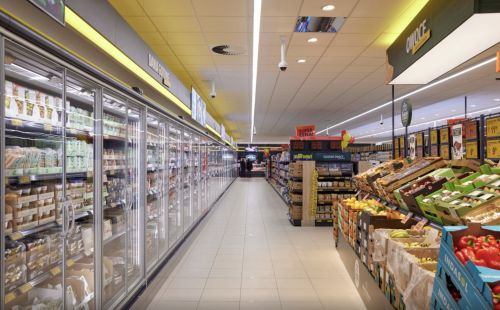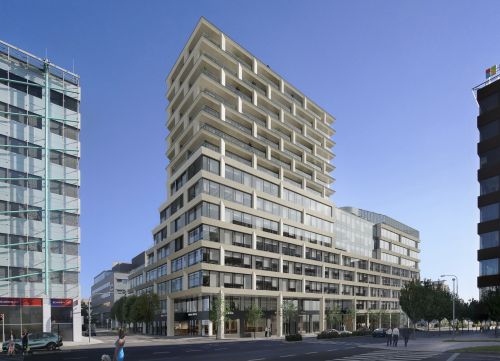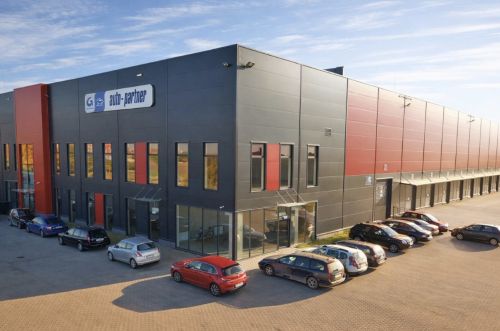Three women, three Monikas and one workplace - a building site. Why would they not want to change all this for a warm, comfortable office, and their outsized wellington boots for fashionable high heels?
Mladen Petrov
Her parents had wanted a son so much, and yet it was not to be: it was Monika who eventually came along. "To make matters worse, I was born on April Fools' Day. Not a bad joke, right?" says a smiling Monika Banasiak. In a way she has not disappointed her parents, choosing a profession usually considered to be masculine. We are talking in the container that serves as an office on a building site in 'Warsaw's Ochota district. A residential complex can be seen under construction through the container's "windows". At the most advanced stage of the project she will be managing a team of 200 employees, but at the moment she has a smaller number under her supervision. Her business card reads 'site manager' and she is the only woman out of seven people working in this position




























































